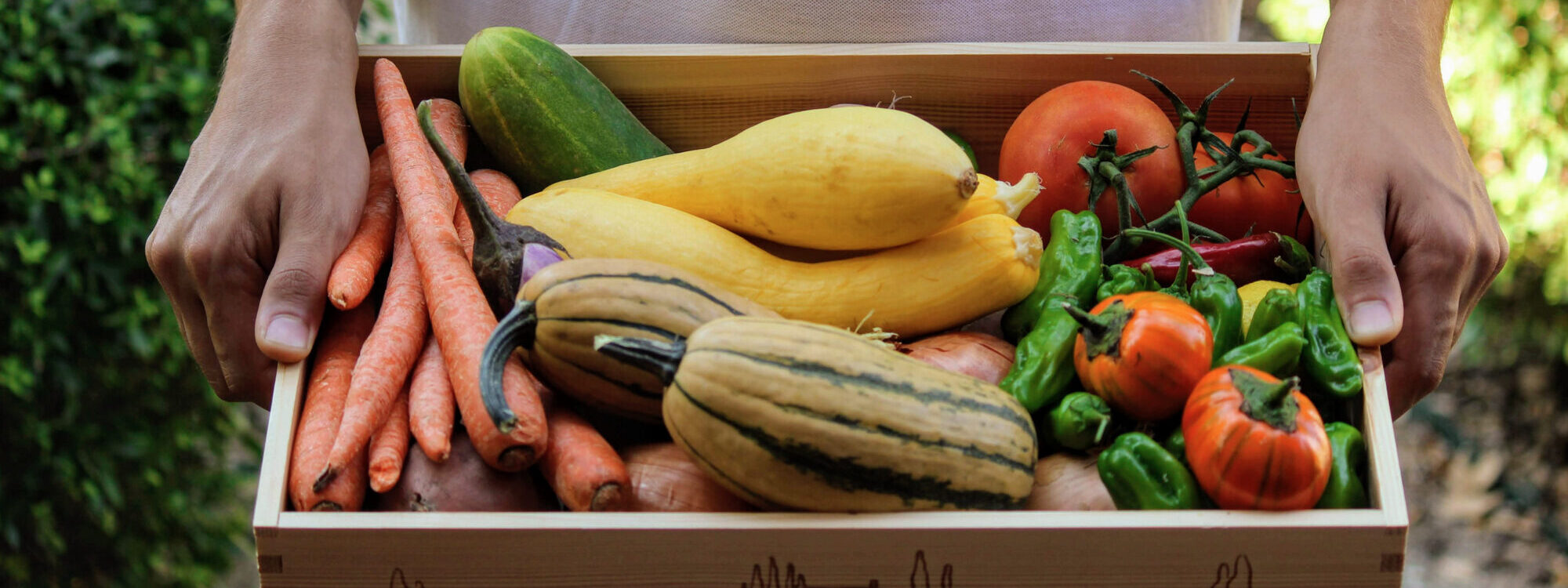
Statement on Racial Equity
As we find ourselves reeling from the continued loss of Black lives at the hands of racism and police violence, we join our community in calling for change. While many across our community have already spoken out, Marion Polk Food Share feels compelled to add our voice to the calls for justice.
George Floyd. Breonna Taylor. Ahmaud Arbery. David McAtee. Philando Castile. Michael Brown. Freddie Gray. Tamir Rice. Walter Scott. Tanisha Anderson. Eric Garner. Sandra Bland. Vanessa Guillén. Even one name would be too many. But a list this long, along with the countless unnamed individuals who have lost their lives unnecessarily, is gut wrenching.
With people of color facing food insecurity at two times the national average, we know the detrimental effects of racism and loss of lives go beyond police violence. It pervades our education, healthcare, economic, justice and social systems. It oppresses people of color, limiting their financial and career prospects. We see violence committed against indigenous women and women of color go unaddressed, and the systems that allow this staying in place.
In our particular work, we see disproportional effects of hunger in Latinx communities, indigenous communities, LGBTQ+ communities, and many more.
Our mission at Marion Polk Food Share is to bring people together to end hunger and its root causes. Among those root causes are systemic oppression and racial injustice. To truly end hunger, we must acknowledge how the history of racism has contributed to our modern problems and identify real changes that can be made to end the cycle.
As an organization, we commit ourselves to internally focused equity work. We know many of the inequities found in our community at large are reflected in the workplace. We plan to implement a deeper dive, including training and policy changes, that will change the culture at the Food Share to be a more welcoming and inclusive place. We also commit to using an equity lens in our programming. We need to ensure our services are accessible to all, and inclusive of a diversity of voices and community needs. This means listening first, and working alongside communities of color, LGBTQ+ communities, and others to help address their needs.
As we look to the future, we remain hopeful that change is possible. We know the road is long and will surely be filled with challenges, but that is all the more reason to take action today.
Further Reading
Addressing the Root Causes of Food Insecurity in the U.S.
“Want to Eradicate Hunger in America? Take on Racism.” -The Nation

